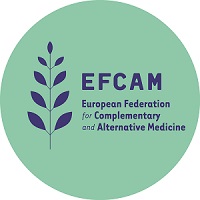Definition of CAM
A diverse range of autonomous healthcare practices used for health maintenance, health promotion, disease prevention and for the treatment of ill-health. These practices can be used independently, and, alongside conventional medical approaches to create a broad range of healthcare options for the public.
CAM’s particular strength is the combination of individualised holistic care, capacity to provide health maintenance, illness prevention and non-invasive illness treatment as part of an integrated package. This is very attractive to users who report a high satisfaction rating.
CAM practices are:
• holistic
• natural
• curative
• preventive
• health supporting
• open to innovation
• traditional and established
• safe for both patients and users
• enhancing of self-healing capacities
• promoting of self-responsibility for health
• able to be used either in combinations or individually
• increasing the range of options available for patient care and treatment
The European Context in Brief
• CAM is used across Europe by a high and increasing percentage of the public.
• Access to CAM care varies radically from country to country and between socio-economic groups.
• CAM approaches are not uniformly recognised throughout Europe and the right to practise CAM varies from country to country.
• Costs of conventional care continue to rise while the preventive and curative approaches of CAM offer both short and long-term cost benefits.
• In the Lannoye/Collins Report of 1997, the European Parliament made a number of demands on the EU Council and EU Commission to act in the area of CAM.
